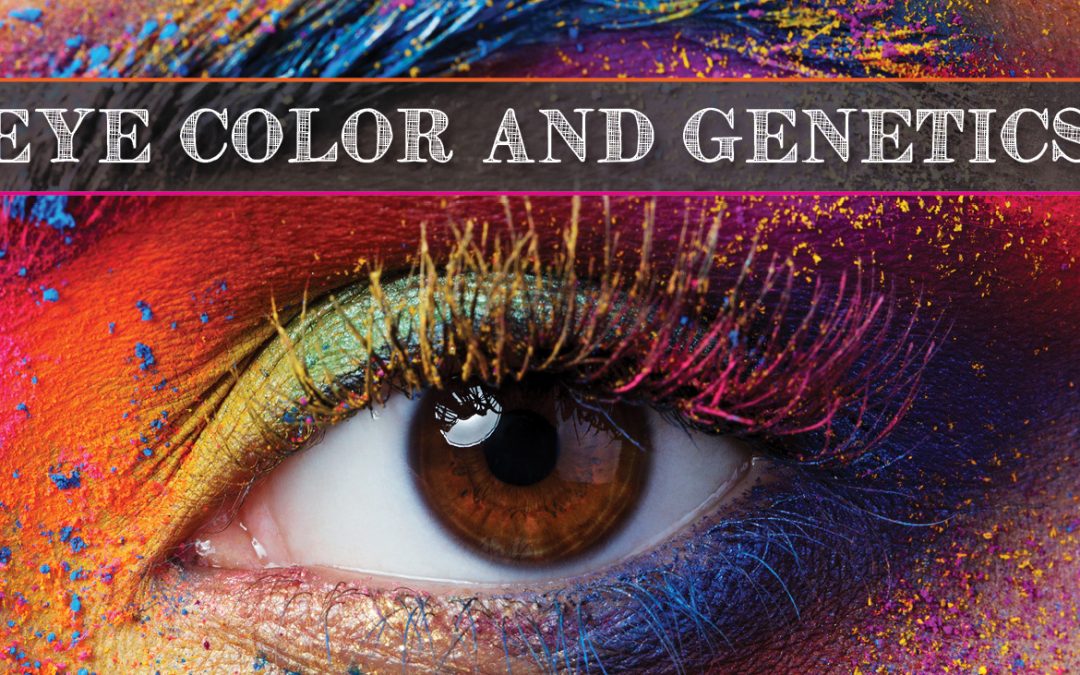

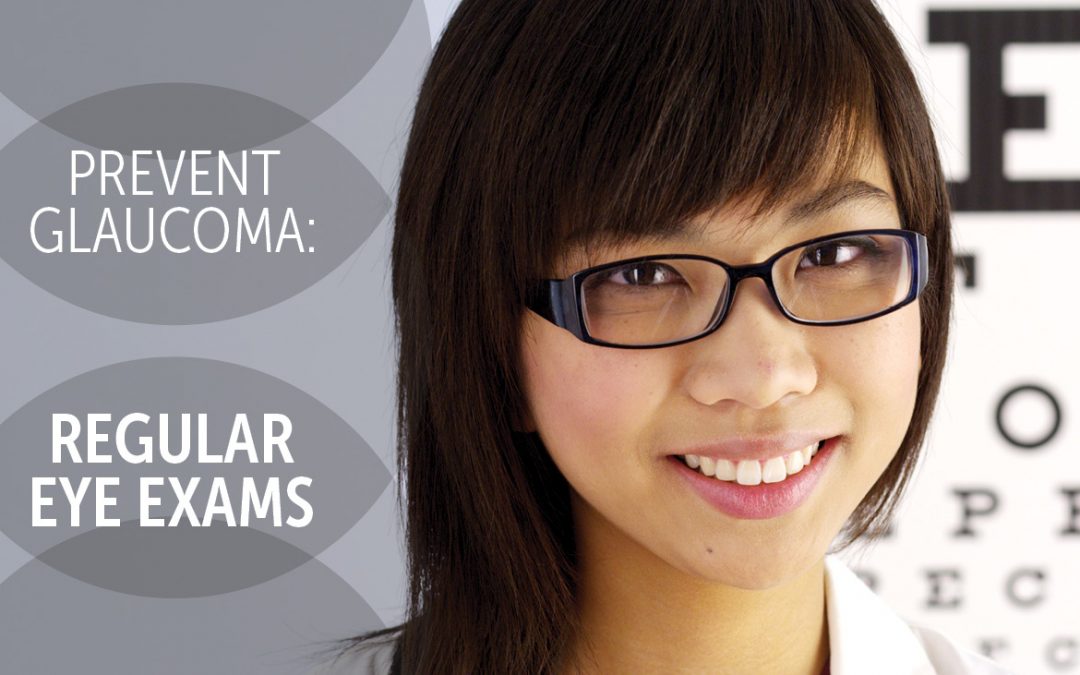
Prevent Glaucoma: Regular Eye Exams
Did you know, half of Americans with glaucoma don’t know they have it? Glaucoma is often called a silent thief of sight because the early stages often have no symptoms. In the US glaucoma is the second-leading cause of blindness. What is Glaucoma? Glaucoma is an eye...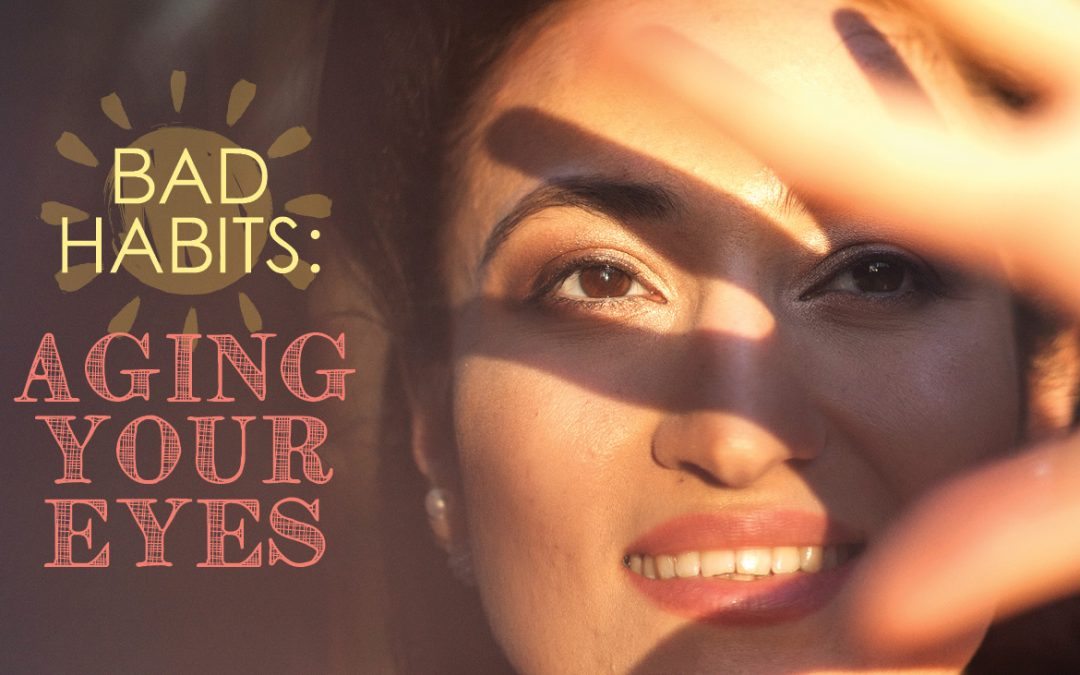
Bad Habits: Aging Your Eyes
Do you feel like your eyes have aged? Some bad habits can make your eyes appear more aged than they are. The best way to preserve your eye health and appearance is to cut these bad habits out of your life!bits out of your life! Rubbing Your Eyes There are tiny blood...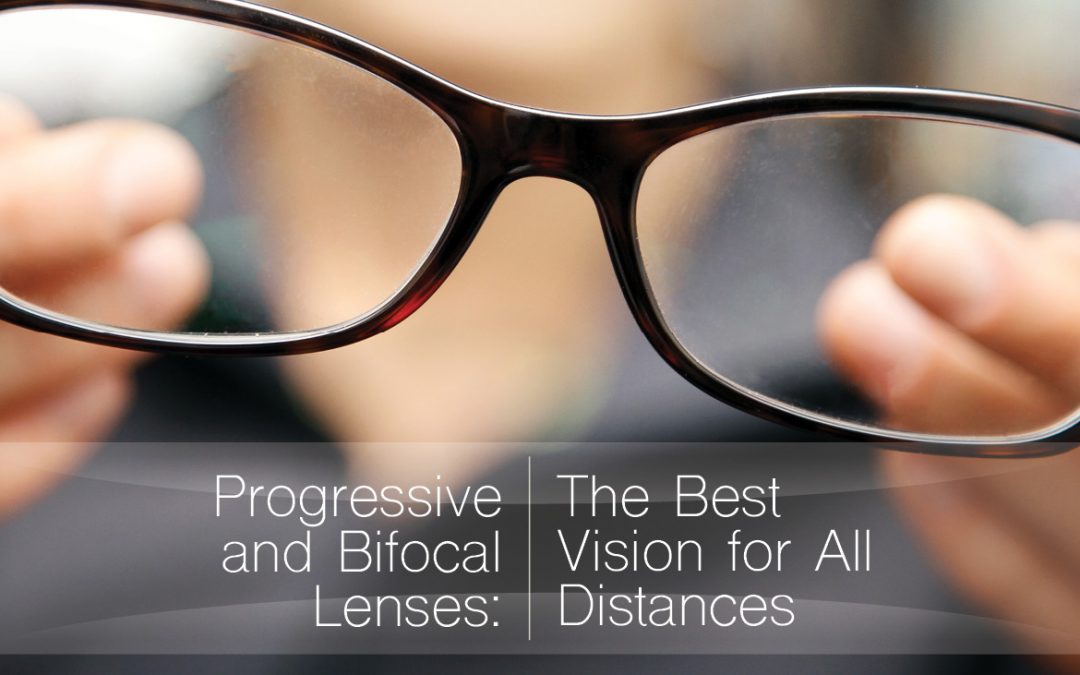
Progressive and Bifocal Lenses: Vision at Every Distance
As your eyes age, conditions like age-related farsightedness or presbyopia may start to affect your vision. If you already suffer from an eye-related condition or disease, finding eyewear to remedy multiple vision deficiencies can be a hassle. Progressive and bifocal...
Why Your Children Should be Wearing Sunglasses
As you may know, the sun’s harmful ultraviolet (UV) rays can cause damage to your skin, but how often do you think about the damage these rays can cause to your eyes? What about your child’s eyes? At a young age, children’s eyes are still developing, and with the...
Macular Degeneration
Individuals over the age of 50 are at a higher risk for developing age-related macular degeneration (AMD), which causes gradual vision loss. If you are over the age of 50 and have noticed changes in your vision, call our office to schedule an appointment with your eye...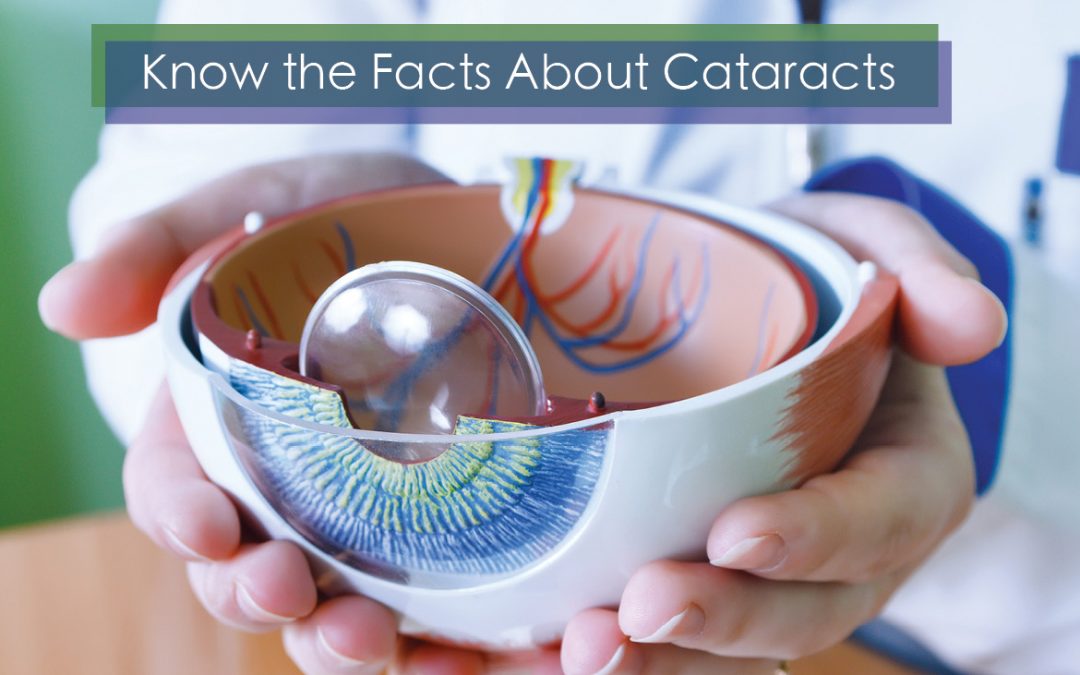
Know the Facts About Cataracts
Did you know, cataracts are the leading cause of blindness in the world? Cataracts affect nearly 20.5 million Americans age 40 and older.* If you are over the age of 50, you should have a yearly comprehensive eye exam to detect cataracts as they develop. A cataract is...
Flashes, Floaters, and Spots: What’s in my Vision?
Have you noticed tiny shadows cast upon objects you are looking at? Do you see small spots in your vision when looking at a clear or overcast sky? You may be seeing floaters and spots in your field of vision. What is the spot in my vision? It is completely normal to...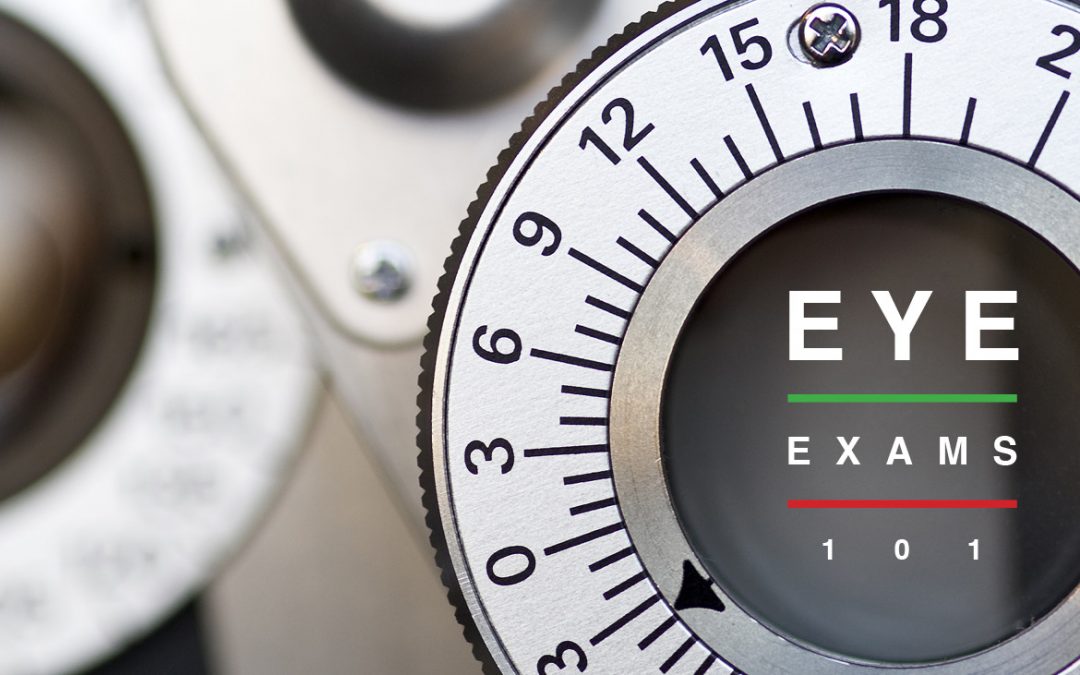
Eye Exams 101
Regular comprehensive eye exams are key to early detection of eye-related diseases to keep you seeing your best every day. Adults should have a comprehensive eye exam every 1-2 years. Children should have an eye exam as early as 6 months, before they start school, and...